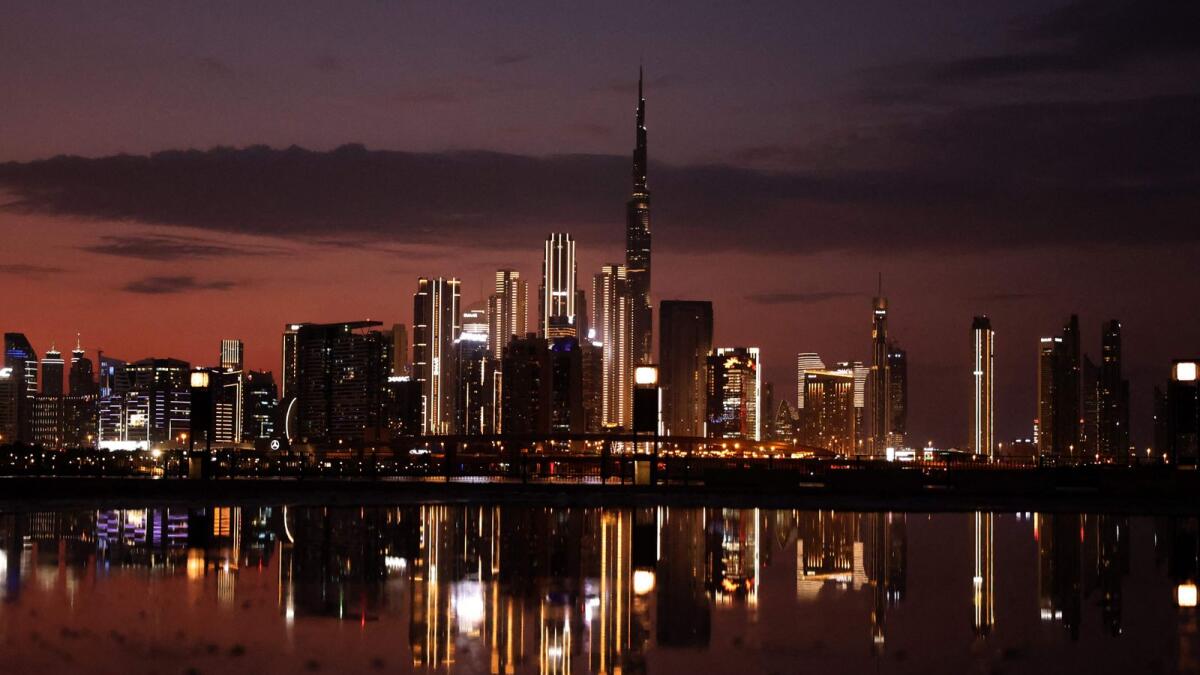UAE companies experienced a significant increase in new work in June, with demand levels improving and the acquisition of new clients becoming more common. The country’s non-oil private sector saw a strong upturn in export volumes, which was the highest since October of the previous year. Backlogs of work continued to grow steeply due to strong demand and the lingering effects of the country’s floods and the Red Sea crisis, although the pace of accumulation was slower compared to previous months.
Despite the overall growth in the UAE non-oil private sector slowing down in the middle of 2024, the Purchasing Managers’ Index (PMI) remained above the neutral mark, indicating a robust expansion. However, the index declined to 54.6 in June from 55.3 in May, marking its lowest point in 16 months. The softening of output growth across various sectors was reflected in the survey data, with competitive pressures hindering operations for many companies. Additionally, competitive pressures led to a decrease in output growth, with competitive pressures reported as a limiting factor by several respondents.
David Owen, Senior Economist at S&P Global Market Intelligence, noted the slowing growth trend in the non-oil sector in 2024, with companies continuing to experience strong customer demand and robust sales pipelines. Although backlogs of work have been increasing, there are signs of this trend easing as the country recovers from previous challenges. Input prices continued to rise sharply, leading to an increase in the average prices charged by firms. The survey data indicated strong business activity but at a slower rate compared to previous periods.
Non-oil companies in the UAE faced a sharp rise in input costs in June, with inflation reaching its highest level in nearly two years. Material costs, shipping fees, and overheads were cited as reasons for the increase in prices, prompting companies to raise their selling charges for the second consecutive month. The rate of inflation was the fastest in over six years, reflecting companies’ efforts to protect their margins in the face of rising costs and strong customer demand.
Looking forward, UAE non-oil companies were optimistic about future activity levels in June, with demand prospects looking strong. Despite optimism, employment numbers rose at the slowest rate in five months, as companies sought to control cost burdens. In Dubai, the PMI indicated a moderating growth trend in the non-oil private sector economy, with the index slipping to 54.3 in June, the lowest level since February 2023. While new order growth remained strong, some businesses cited high market competition as a limiting factor in taking advantage of strong demand conditions.
Input price inflation in Dubai accelerated in June, leading firms to raise their output charges for the second consecutive month. Despite these challenges, supplier performance improved sharply, job levels expanded, and confidence among businesses increased. Overall, the UAE non-oil private sector faces various challenges and opportunities as it navigates through a period of fluctuating demand, rising costs, and competition, with businesses striving to maintain growth and profitability in the face of these conditions.











